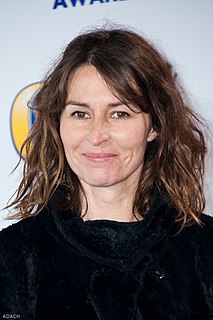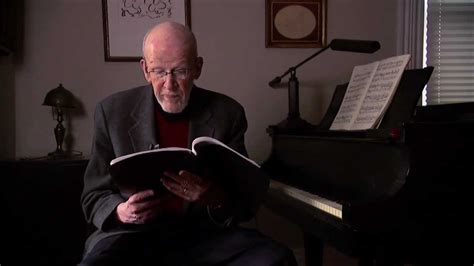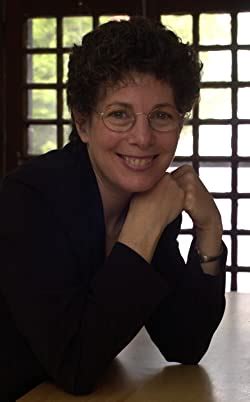A Quote by Bill Vaughan
You'll accidentally find in barrows of books wrought-iron lines of long-buried poems, handle them with the care that respects ancient but terrible weapons.. .
Related Quotes
I don't write as much now as I used to, but I write. The lines still come, maybe periodically, and I'll go through these little bursts of time where I write a lot of things then a long period of time where maybe I don't write anything. Or these lines will come into my head and I'll write 'em down in a little book, just little sets of lines, but I won't try to make stories or poems out of them. I'm doing a lot of that now, just the lines.
Ancient art has a specific inner content. At one time, art possessed the same purpose that books do in our day, namely: to preserve and transmit knowledge. In olden days, people did not write books, they incorporated their knowledge into works of art. We would find a great many ideas in the works of ancient art passed down to us, if only we knew how to read them.
I love to read long books. I enjoy experiencing that extension. But it's not something I feel comfortable with and not something I think I can gain comfort with by practice. It was a real struggle for me while writing memoir to get past three pages or so. In poems, I can write long poems. But length in prose: no.
I know not whether the remark is to our honour or otherwise, that lessons of wisdom have never such power over us, as when they are wrought into the heart, through the ground-work of a story which engages the passions: Is it that we are like iron, and must first be heated before we can be wrought upon?
I've always been - as a teacher, as graduate student, as a student, and I think, really, as a child - I've been interested in poems, but not so much for what the take home pay is, what you might sum up from them in moral or intellectual terms or whatever, but what's in the certain lines and how lines relates to other lines.
I have earned wages as a waitress, a nanny, a librarian, a personnel officer, an agricultural laborer, an advertising secretary, a typesetter, a proofreader, a mental-health-care provider, a substitute teacher, and a book reviewer. In and around the edges of all those jobs I have written poems, stories, and books, books, books.
If you want to find weapons of destruction, you can find them all over the place. Take, say, Israel. There is a very great concern right now about proliferation of nuclear weapons, as there should be. Israel has a couple of hundred nuclear weapons and also chemical and biological weapons. This stockpile is not only a threat in itself but encourages others to proliferate in reaction and in self-defense. Is anybody saying anything about this?

































